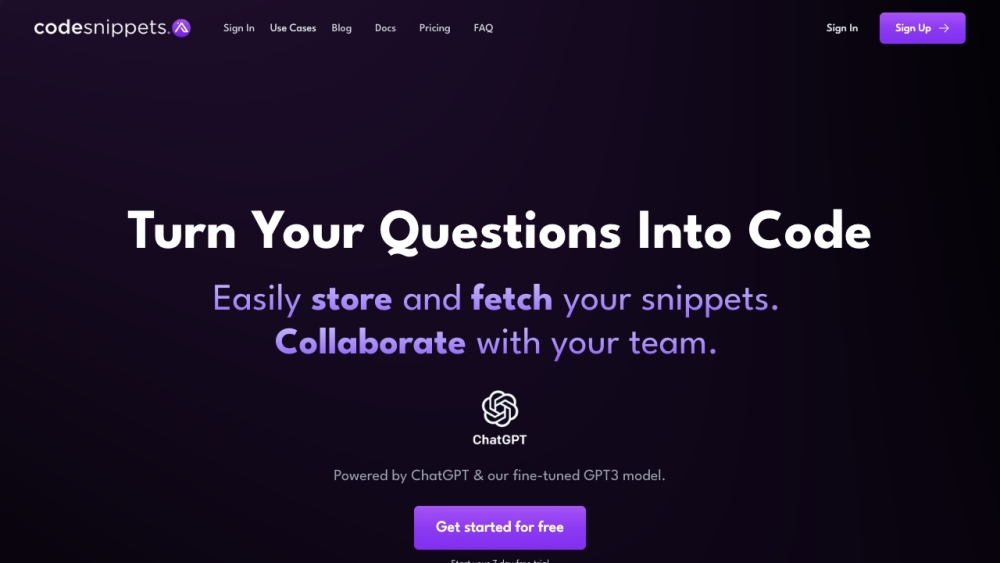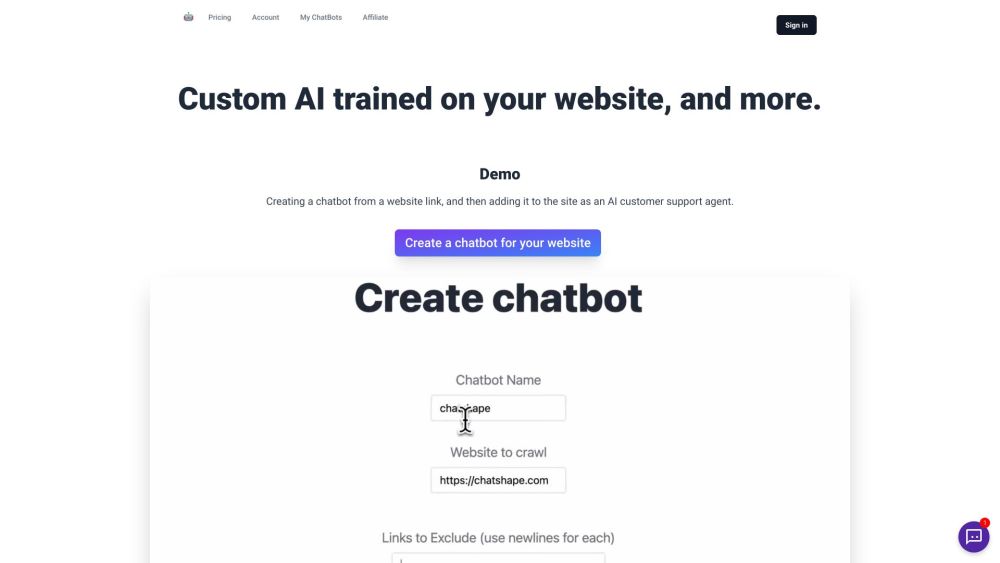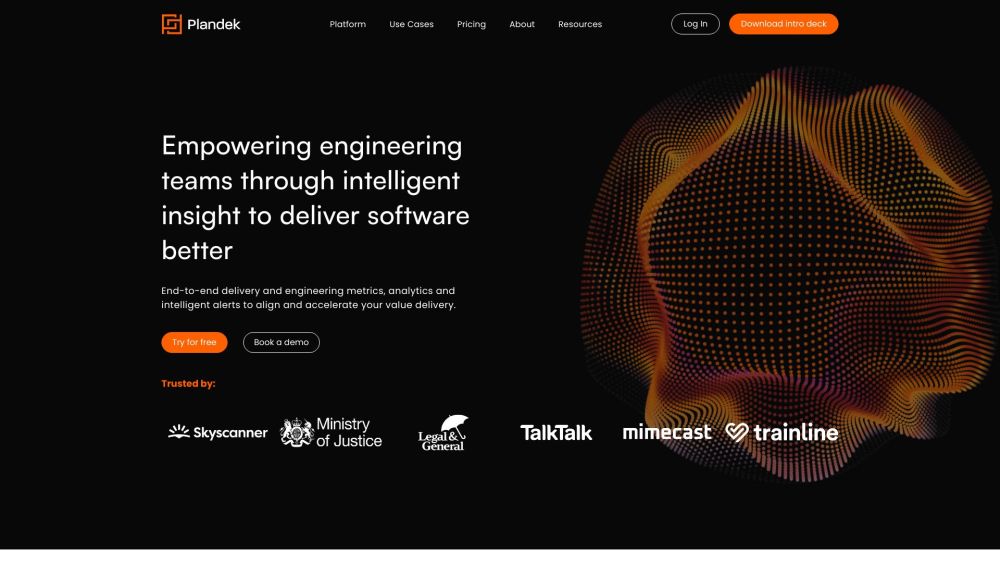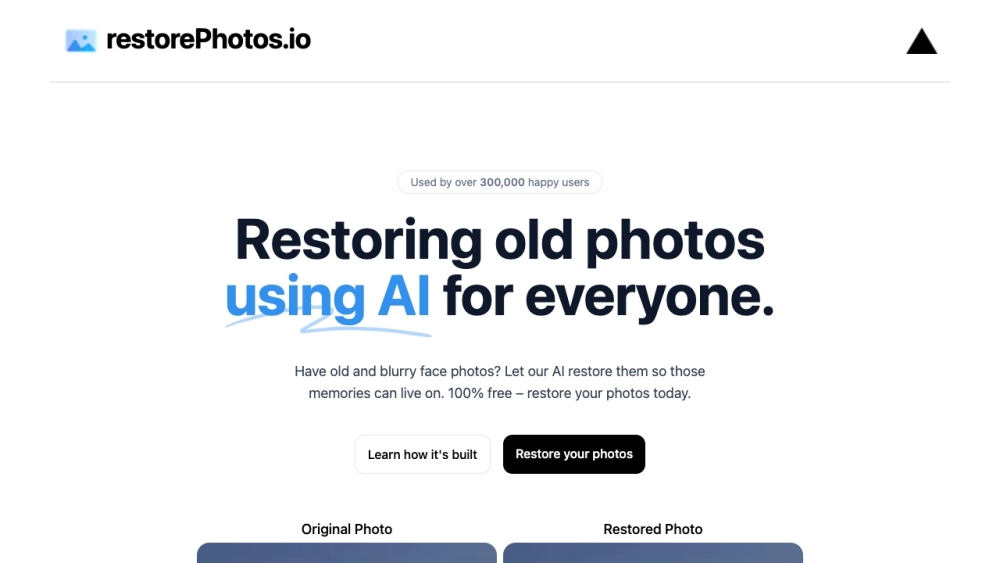Google DeepMind has introduced Lyria, its latest and most advanced music AI system. This innovative model is capable of generating high-quality vocals, lyrics, and backing tracks that emulate the styles of popular artists.
Alongside Lyria’s launch, DeepMind is experimenting with new music creation features on YouTube Shorts. One notable feature, “Dream Track,” allows creators to generate 30-second songs performed in the voices of well-known artists like Alec Benjamin, Charlie Puth, Charli XCX, Demi Lovato, John Legend, Sia, T-Pain, Troye Sivan, and Papoose.
DeepMind describes these initiatives as a way to “open a playground for creativity,” enabling artists to better connect with their fans. Jim Fan, a research scientist at NVIDIA AI, praised Lyria's capabilities, highlighting its ability to transform simple humming into a full instrumental suite. He believes Lyria will introduce functionalities akin to those found in image models, such as text-based editing, style transfer, and super-resolution.
The Business Impact
Lyria and similar AI music tools could revolutionize the music industry. By equipping musicians with powerful creation and experimentation tools, Google may democratize music production, empowering both established and emerging artists to create freely.
This partnership with YouTube could reshape music streaming and consumption, fostering a deeper connection between artists and their audiences. Such a shift may lead to new business models and revenue opportunities.
Moreover, Google’s advancements solidify its leadership in applying AI to creative industries, showcasing how AI can enhance artistic processes beyond technological confines.
Championing Responsibility
DeepMind is also committed to responsible AI deployment. The company utilizes SynthID to watermark and identify AI-generated content, ensuring traceability back to its origin.
“As we progress, we’ll actively engage with artists, the music industry, and the broader creative community to establish standards for the responsible development and deployment of music generation tools,” the company stated.
In a climate where AI ethics and transparency are hot topics, Google’s initiative to watermark AI-generated music represents a significant step toward responsible AI use, setting industry standards.
While details about partnerships with artists remain scarce, Lyria's current capabilities highlight both its potential and the ethical and legal challenges that must be navigated as AI technology evolves.





